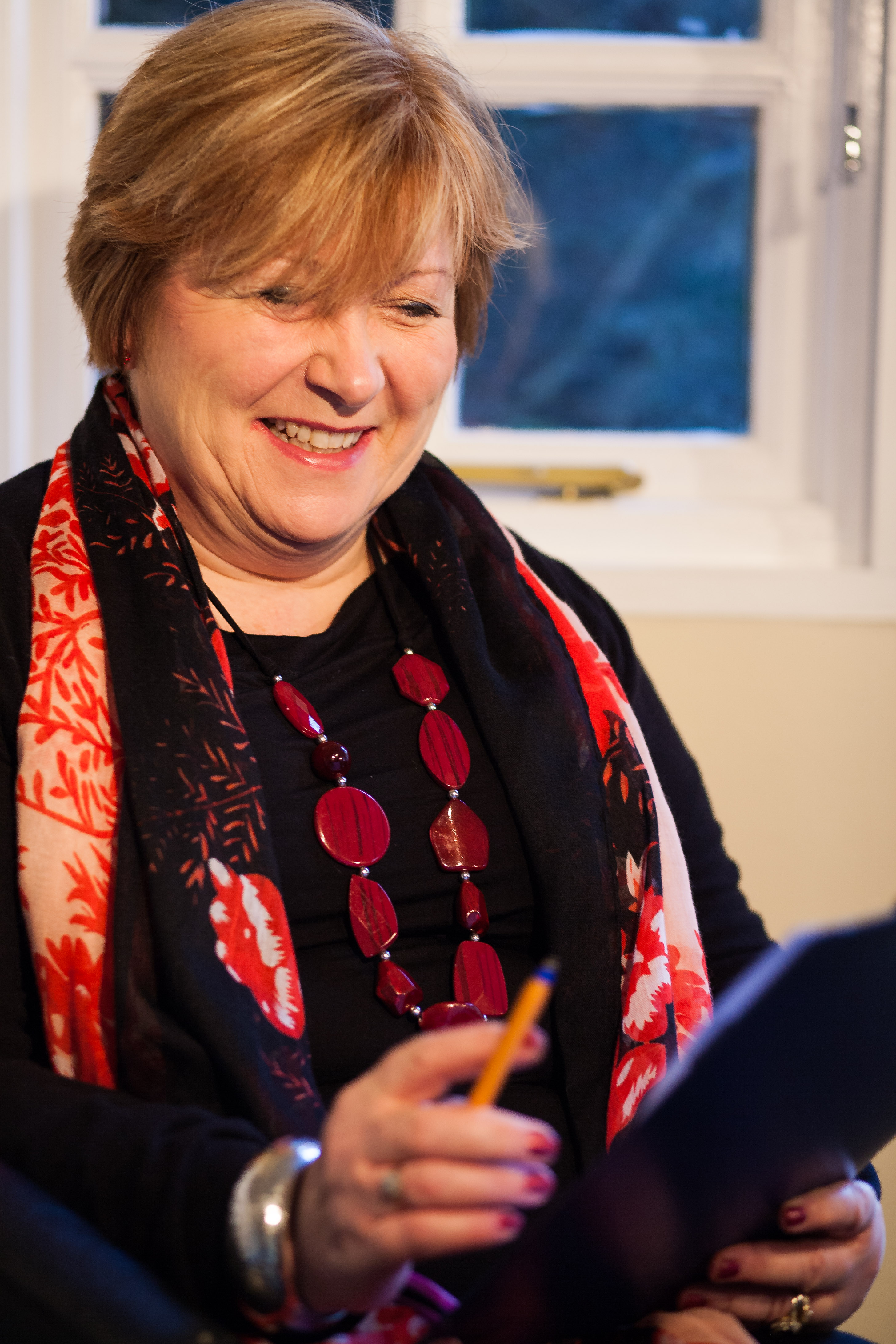I first met Anne three years ago. She was a very fit 70-year-old woman who lived alone and told me that she was totally exhausted. For 7 years she had been looking after her daughter, Gemma, and 17-year-old granddaughter, Lucy, following Gemma’s diagnosis with aggressive breast cancer. Sadly, her son-in-law found the whole process of the diagnosis and treatment too much to bear, and following a very severe depression, had left the family. This meant that much of the burden of care and finance had fallen on Anne. Increasingly Lucy, as she got older, was helping with her mother’s care and was classified as a young carer.
With Gemma terminally ill, Anne struggled with her emotions as she faced losing her much-loved daughter, supporting Lucy and the sheer physical aspects of Gemma’s illness and care. She told me that the nights were the worst as it was the only time she could think and that sometimes these thoughts were very bleak. In particular she worried about the future and her physical and mental ability to care for Lucy as she got older. Anne said that Lucy was wonderful in helping care for Gemma, but she was concerned about the impact that this role would have on her in the future.
Anne and young Lucy are part of the army of carers in the UK. It is estimated that 10% of the population are carers, though typically it takes two years for people to recognize that they are in the role of being a carer. Carers come from all walks of life, cultures and can be any age, they provide unpaid support to family members, neighbours or friends who otherwise would not be able to manage alone. Their unselfish actions save the country a massive amount of money so it is only right that in #CarersWeek we celebrate their selfless actions and offer some helpful tips on how to cope.
- Most counties offer local countywide carers support information websites, which have useful information and guidance on benefits, respite care and support groups. As well as social events targeted specifically for those who are caring and who are young carers. There is also psychological support available, so contact them and get some much-needed help.
- Tell your GP. Very often GP’s do not know a person is a carer. Telling them will enable them to also offer support and practical help.
- Do not rebuff offers of help. Many people like to help and support carers in their role, so if someone offers to sit while you go out for a few well-earned hours, take them up on it.
- Think about what you need in life, failing to take care of your needs can lead to resentment, so if a daily walk or swim makes you a happier, better carer investigate how you can accomplish this.
- Keep healthy yourself! Watch your diet and lifestyle. It is easy to seek comfort through food or drink, have treats but do not become reliant on them.
- Look after your psychological health. If you need some counselling then seek it out. There are many low cost services, Local Counselling Centre, some of which will provide home visits or online help.
- Reach out to others in a similar position. They will have tips and will be able to offer support also. Joining a forum can be really helpful and can be done from home.
Anne and Lucy received much needed support and respite from their local carers group and also Macmillan Nurses, who enabled them to care for Gemma until her death. Both were provided with ongoing psychological support and are coping well a year on. Lucy has just started her second year studying Medicine at University and wants to be an Oncologist. It would seem her role as a carer did have a lasting effect, but a positive one!
If you are struggling as a carer contact Local Counselling Centre and speak to one of our specialist therapists. Sessions are available from just £15.00. Contact LCC on 01462-674671





